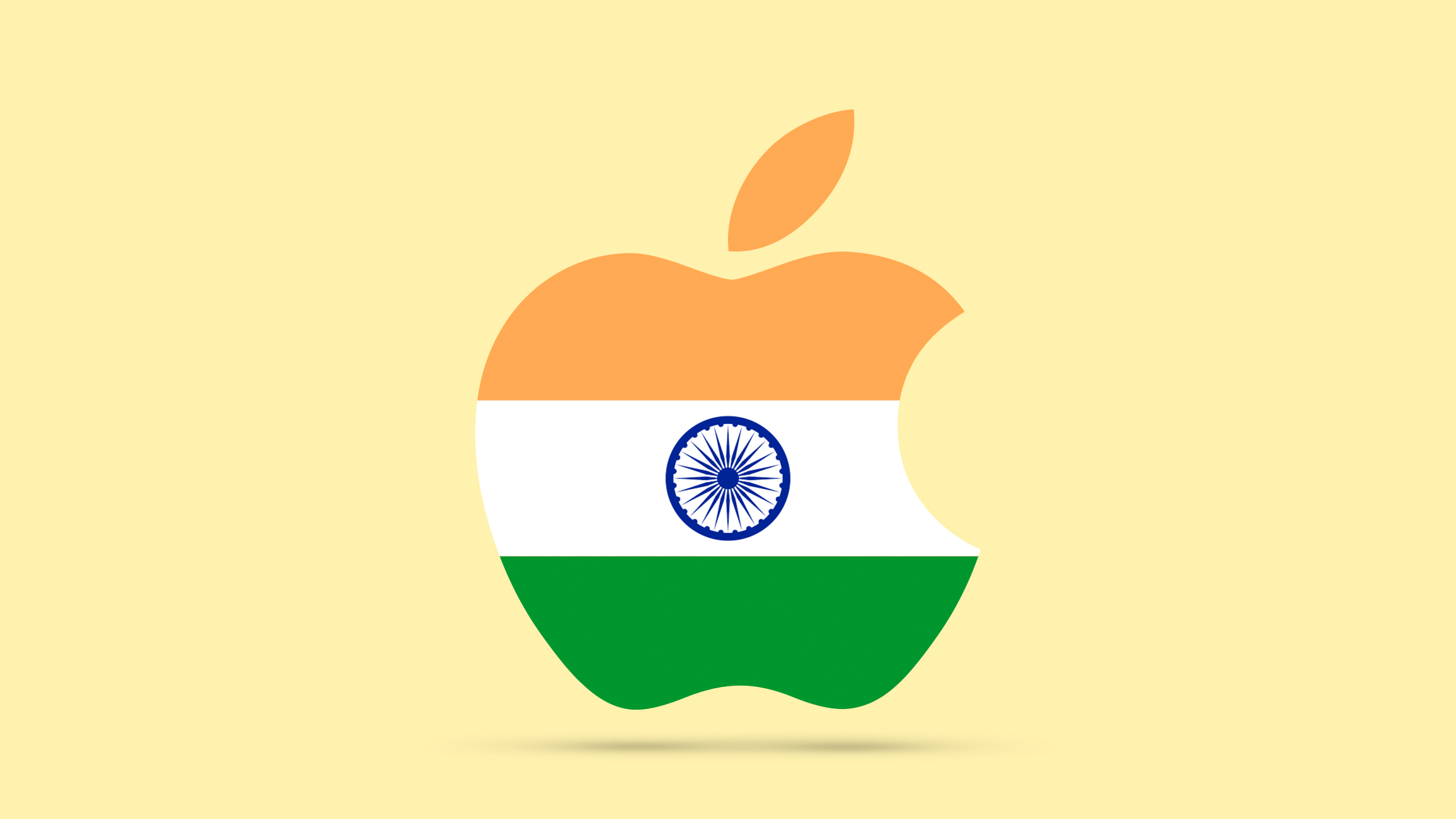Apple has joined a coalition of U.S. businesses in protest at India's sudden introduction of tech import restrictions last month, claiming the move will damage New Delhi's ambitions to become a global manufacturing hub and harm consumers (via Bloomberg).

In a letter sent to U.S. officials this week, eight American trade groups asked the government to urge India to reconsider the policy, which will see the country impose a new license requirement for technology imports from November 1, covering everything from laptops and tablets to servers and datacenter components.
India didn't give a reason for the change in rules, but the move is thought to be an effort to boost local manufacturing, forming another prong in Prime Minister Narendra Modi's "Made in India" campaign to encourage domestic manufacturing in the tech sector.
The trade groups said the move "could significantly disrupt trade, hamper efforts to more closely integrate India into global supply chains, and harm businesses and consumers in both countries," according to a joint memo seen by Bloomberg. The policy was originally meant to go into immediate effect earlier this month, until authorities granted affected companies a three-month reprieve for them to obtain the required licensing.
U.S. industry groups including the Information Technology Industry Council, the National Association of Manufacturers, and the Semiconductor Industry Association have objected to the planned licensing rules, which they say could impact the shipment of American-made computers and electronics into India, inhibit the free flow of goods, and complicate business operations for all countries involved.
"This potential will only be achieved if businesses have assurance about a predictable regulatory climate," said the letter, which was signed by Apple, Intel, and other U.S. companies involved in technology and manufacturing.
This article, "Apple, Other US Tech Firms Sign Letter Protesting India's PC Import Restrictions" first appeared on MacRumors.com
Discuss this article in our forums
Source: TechRadar

In a letter sent to U.S. officials this week, eight American trade groups asked the government to urge India to reconsider the policy, which will see the country impose a new license requirement for technology imports from November 1, covering everything from laptops and tablets to servers and datacenter components.
India didn't give a reason for the change in rules, but the move is thought to be an effort to boost local manufacturing, forming another prong in Prime Minister Narendra Modi's "Made in India" campaign to encourage domestic manufacturing in the tech sector.
The trade groups said the move "could significantly disrupt trade, hamper efforts to more closely integrate India into global supply chains, and harm businesses and consumers in both countries," according to a joint memo seen by Bloomberg. The policy was originally meant to go into immediate effect earlier this month, until authorities granted affected companies a three-month reprieve for them to obtain the required licensing.
U.S. industry groups including the Information Technology Industry Council, the National Association of Manufacturers, and the Semiconductor Industry Association have objected to the planned licensing rules, which they say could impact the shipment of American-made computers and electronics into India, inhibit the free flow of goods, and complicate business operations for all countries involved.
"This potential will only be achieved if businesses have assurance about a predictable regulatory climate," said the letter, which was signed by Apple, Intel, and other U.S. companies involved in technology and manufacturing.
Tag: India
This article, "Apple, Other US Tech Firms Sign Letter Protesting India's PC Import Restrictions" first appeared on MacRumors.com
Discuss this article in our forums
Source: TechRadar